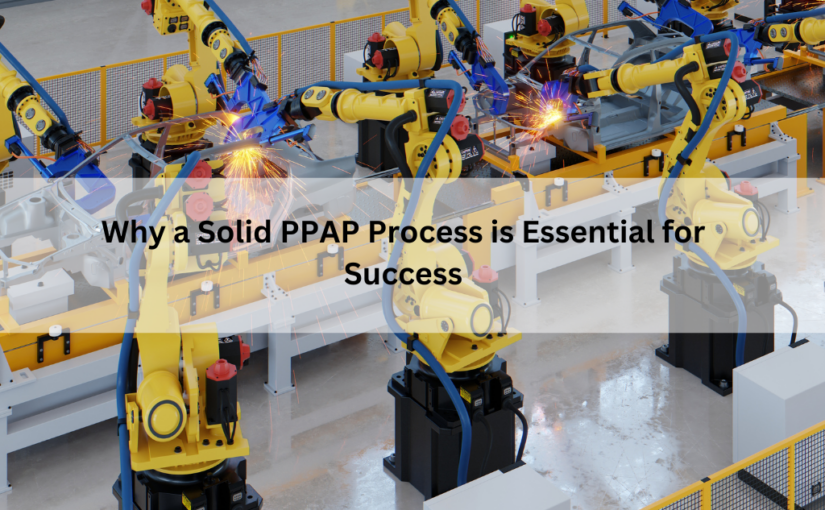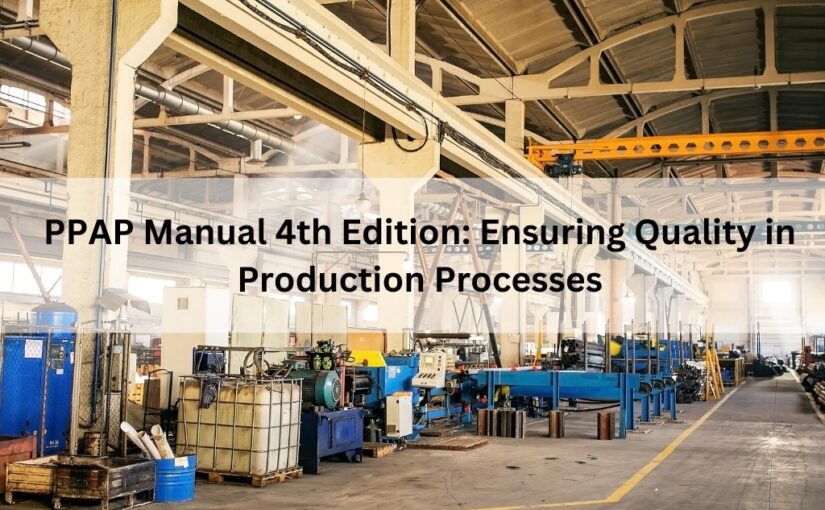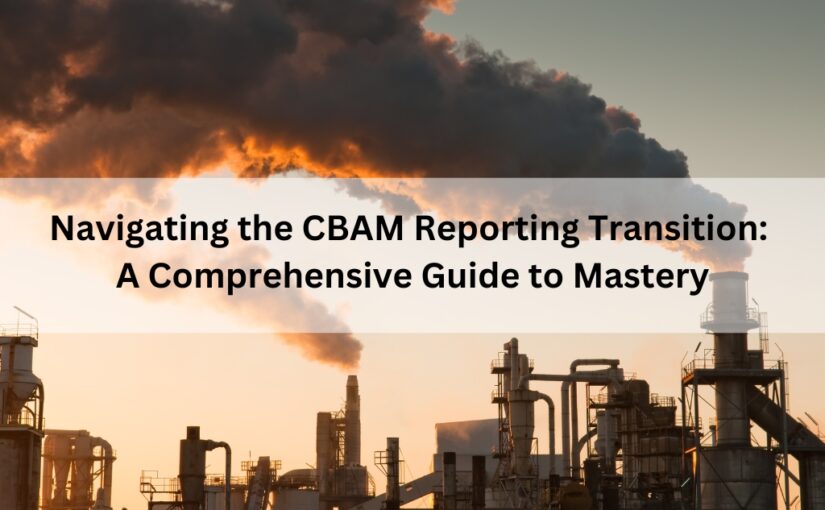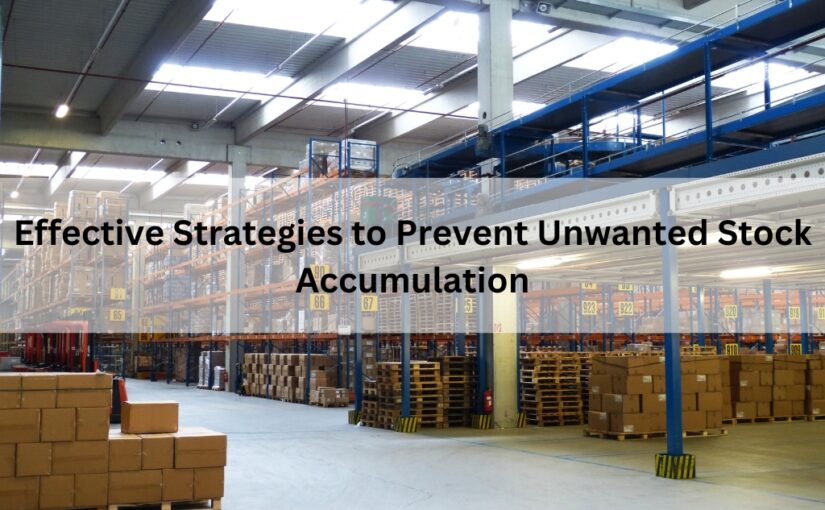Effect of REACH on SME’S
Posted Under: REACH Compliance Services REACH Consulting Services
REACH is world’s strictest chemical law, for any business in European Union either large or small.From the starting itself, one of the main concern was how SME’s (Small and medium enterprises) could adapt to the Regulation.
After all, almost 27,600 companies in EU market are SMEs (95% of all firms). Already seven years are over after the implementation many of these fears are still hanging around. Assuming no significant changes are introduced to REACH.
SMEs importance in European Union (EU)
- 99% of all companies in the EU are SMEM
- 23 million SMEs employ 75 million people
- SME create one in every two new jobs
- SME are responsible for more than 50% of the total value-added created by businesses in the UK
- SMEs pay 80% of EU taxes and are therefore essential components of growth of Europe
- This means that the EU growth strategy depends upon a stable and healthy business environment for SMEs
Around 25,000 REACH registrations have already been submitted. By the 31 May 2013, 3,215 companies submitted 9,084 registration dossiers to ECHA. Since the start of REACH in 2008, a total of 6,598 substances have been registered. For the 2010 and 2013 REACH registration deadlines, the amount of dossiers submitted by SMEs amounted to 14% and 20%, respectively
About REACH
The strictness of the regulation can only be justified, if the benefits are impressive and outplay the costs by a large margin. But ECHA is speaking about health and environmental benefits, And the increase in job opportunities which is not convincing SME’s than its problems. The 2013 REACH Review also tells about benefits which will be effective in only ten to twenty years and acknowledges that the benefits for SME’s do not seem to compensate the costs for the process to get compliant. In general, it is expected that larger companies will have more options and ways available to comply with regulatory demands in comparison to small ones.
Cost and administrative problems of REACH for SME
Now the REACH has taken its Role on SMEs, which is of serious concern because SMEs are the backbone of the economy, and it is important to have the right balancing conditions to get the economy moving again by helping SMEs.
The 2013-2018 deadline means that REACH is highly going to affect on SME now..
Submitting quality dossiers is a significant resource cost for SME
- The main problem is related to an uneven share of the costs. SMEs will be having more disadvantage compared to bigger or very large companies, particularly as they are dealing with lower volumes of chemicals than bigger firms. This results in higher costs per unit.
- Most SMEs use consultants for registration activities. It is estimated that the costs of consultants correspond to some 10 % of registration costs, at times more like 10% – 25%.
- Even though 82% of the pre-registering companies were SMEs , yet only a few of these have actually completed the registration process up to now. In addition, dealing with more substances also implicates that more efforts are necessary to communicate information along the supply chain.
- As a result, REACH seems to lead to a competitive disadvantage for SMEs, due to costs, training, 1resources required, as well as other factors including uncertainty in the case of some substances.
- Major sources of costs relate to testing, consultants and other forms of support to navigate through REACH complexity, but costs related to restructuring of existing plants in order to comply with stricter requirements for containment systems may be necessary, too. In addition, the time r enquired to become and remain compliant e.g. fulfil processes like volume tracking, submission/maintenance of registrations, preparation of SDSs (safety data sheets) with exposure scenarios and communication up and down the supply chain is expensive and may draw attention and resources away from other business processes
- It is to be noted that the financial situation of companies is made more difficult due to REACH,
- the overall direct costs are much higher than initially published: some 1.1 billion (in euros of 2011) in 2003 as against some 2.1 billion today. The new and more robust estimate, based on empirical evidence this time, is nearly double the amount in the 2003 Commission Impact Assessment. And in absolute terms no less than 1 billion this difference it is sizeable, too.
- The costs of access to data in a SIEF (for data sharing in case of joint registration, based on so-called Letters-of-Access [LoA] ) were not foreseen
- In general due to lower volumes, unit costs are higher for SMEs in SIEF’s than for large companies, and when they add up i.e. if there are many substances the cost Competitiveness of SMEs becomes a serious problem. Moreover, additional expenses will have to be incurred when updates of the dossier are needed.
- Is the diversion of R&D resources to REACH-compliance, which hampers innovation. Besides for direct work on compliance, resources from R&D are also increasingly used for investigations on substitution of raw materials, either by replacing non-REACH compliant suppliers with REACH compliant suppliers.
- Extended Safety Data Sheets (eSDS) often requires complex interactions and information Exchange within the supply chain, triggering the need for IT tools to manage these streams Adequately and provide insight in the? ill of materials These tools are available in the Market, but are expensive and need to be tailor made for the company. SMEs often have less overview of their tasks and may look for cheap solutions that in the end meet only a part of their specific needs
- The administrative burden of supply chain communication is large, as all communications and decisions need to be documented and may need to be made available to the authorities to prove compliance
- Regarding IT tools like REACH IT, IUCLID, CHESAR, and the frequent updates of these tools from the ECHA side (the latter was often cited as a major source of frustration, because what seems like a minor IT change in Helsinki sometimes requires re-entering a lot of information on the SME-side), the cumulative effects on the internal functioning of a small company can be considerable
EFFECTS IN MARKET
- 13% -18.5% of companies increased their prices following the introduction of REACH.
- 37% companies have experienced withdrawals of substances and another 30% expect this to happen in future.So users have to switch to another supplier.
Benefits of REACH for SME’S
- Creation and use of new knowledge
- Improvement of risk management and occupational health and safety.
- An improvement (i.e. increased frequency) of the communication within the supply chain is seen as potentially beneficial regarding knowledge of chemicals substances and understanding of customers.
- increasing availability of information on chemicals on the ECHA website allows them to better understand the structure of the market in which they operate and potentially identify opportunities for future business development
ECHA’s ACTIONS
It is not a surprise that REACH is the Number One most burdensome legislation, and for that reason, In the most recent REACH review, ECHA decided to go much wider to work on all aspects.
Regarding safety,ECHA stated that they are trying to reduce costs but safety is key. But that doesn’t mean that they can do more.
SMEs are provided with various sources of support to comply with REACH.
- In 2005 the European Parliament adopted a resolution on cost problem, insisting lower fees for SMEs
- On 5 February 2013, the European Commission published its 1st review of REACH.
- The first action on this review by the Commission was to adapt the fee regulation by decreasing REACH registration fees for SMEs.
- Next action was the appointment of an ambassador for SMEs within ECHA.
- On 25 June 2013, the European Commission also organized a workshop to discuss the findings of this recent review
- Chemical Watch, an online journal on chemical legislation, organized a webinar on the subject of REACH and SMEs.
- On 10 and 11 December 2013, a follow-up workshop on SMEs and REACH is being organized by the European Commission. CEFIC.
Commission actions already started
- Communication support is increased: TRANSLATIONS into all EU languages are essential
- Fees and charges: Kept a separate fees for SME’s, further reduced after review.
- Detailed approach: appoint a SME advocate/ambassador at European Chemicals Agency
- Look where ECHA can avoid duplication and be more efficient (working with Member States, Chambers of Commerce, REFIT, etc in order to give regulatory predictability.
ECHA say that the European Parliament impact assessment showed that REACH threatens SME more because of costs which are too high. The costs are upstream as well as downstream, which will be applicable also for bigger organizations. Overall, costs were underestimated by half.
Tips for SMEs supplying chemicals to Europe
Small and medium-sized enterprises (SMEs) benefit from fee reductions under both the REACH and CLP Regulations, depending on their size as a medium-sized, small or micro enterprise. Before declaring an SME size category in REACH-IT, companies need to make sure that they are familiar with the relevant SME definitions. The EU Commission Recommendation 2003/361/EC is the sole authentic basis for determining the conditions regarding qualification as micro, small or medium-sized enterprise. For Only Representatives (ORs), the pertinent assessment of whether the fee reduction for SMEs applies shall be determined by the relevant data of the enterprise that is represented by that OR. The EU Commission has informed ECHA that it amended the REACH fee regulation and asked for immediate introduction of the new fees, which will benefit SMEs. The changes have come into effect on 22 March 2013.
REACH Conclusion
REACH is widely regarded as serious concern for SMEs. Although the registration process is still going on, there are already indications that SME’s arguments are correct.
In terms complying with it, SMEs typically have needed to work for years; Larger SMEs may need to use even more resources.
Since full REACH implementation takes no less than 11 years until the end of 2018, It is impossible to
Alter or redesign REACH regulation now.So ECHA had the following recommendations
- Sharing information disputes/ balancing: set up ombudsman/consider this soon
- Review of competition law around data sharing: this is causing massive legal bills.
- Look at RISK rather than HAZARD.
This means concentrate on large users because risk is not such an issue for SMEs










